Stanbic-UN Women project empowers farmers across Africa
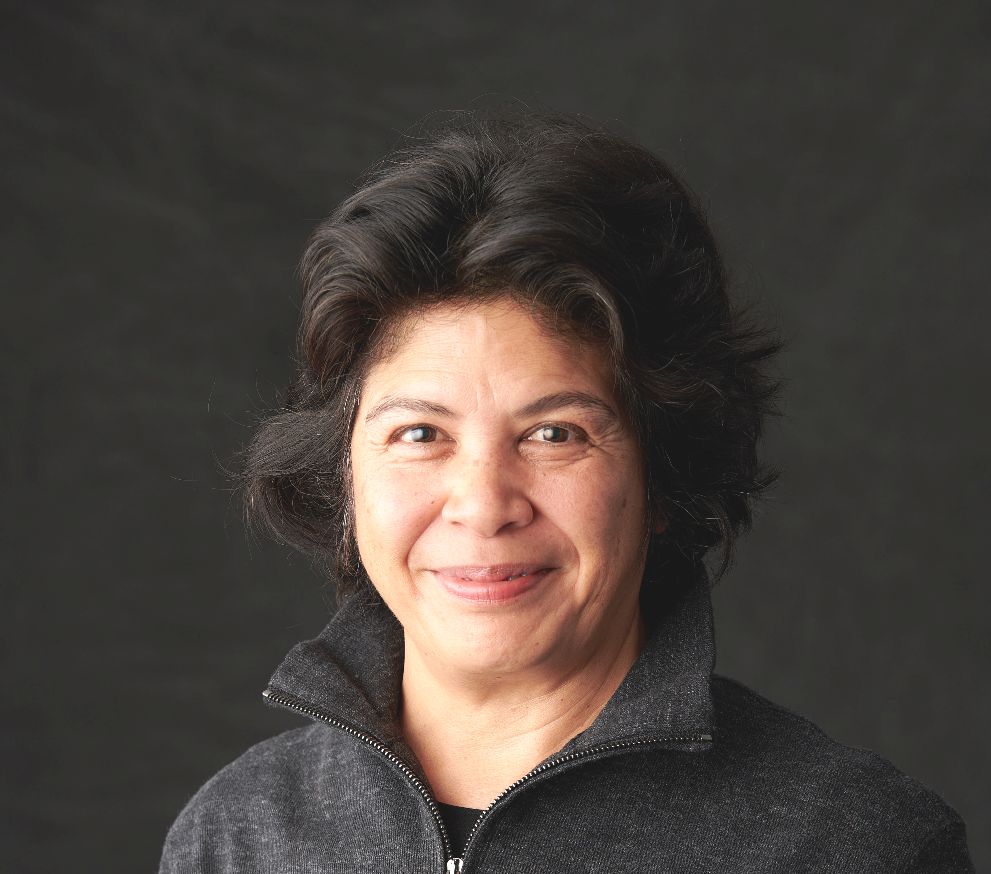 Tandon said climate change could impact women farmers more than men given that women tend to carry more household and other responsibilities.
Tandon said climate change could impact women farmers more than men given that women tend to carry more household and other responsibilities.
In January 2019, UN Women and Standard Bank Group partnered to form a Climate-Smart Agriculture (CSA) programme aimed at empowering more than 50,000 women farmers in Uganda, Malawi, Nigeria and South Africa to take up modern and environmentally friendly farming technologies to increase yields and incomes across the agriculture value chain.
In Uganda over 1,400 women farmers received 276,320 high-quality fish fingerlings of Tilapia species worth UGX2.6 billion and aquaculture farming technologies that has transformed their lives and livelihood.
According to the Food and Agriculture Organization (FAO), Africa’s agriculture sector continues to be dominated by women with more than a third being employed and earning from the sector. The CSA programme was designed to provide women farmers with the skills and resources needed to grow their operations and succeed in a changing climate.
Linda Manda, the Sector Head of Agribusiness, Corporate and Investment Banking at Standard Bank South Africa said, through the initiative, farmers have been able to access affordable inputs including feeds, accommodation and business management skills.
“Alongside access to financial services and quality farmlands, access to information has been identified as one of the biggest barriers to Africa’s small-scale women farmers – particularly information and data on yields, soil health, weather patterns, good farming practices, seasonality, market proximity, and market prices” Linda Manda said.
However, the information gap makes it more difficult for many women farmers to gain good selling prices, and to access financial services products. Implementation of the African Continental Free-trade Area, which comes into force this year, is expected to open up new opportunities for value-addition in agri-processing.
According to Nidhi Tandon, the Socio-economic Advisor for the East and Southern Africa Region at UN Women, Africa’s farmers are at the frontline of climate change, and this means interventions are needed to help them adopt more sustainable practices while also adapting to changing weather patterns.
She said, “This is why the CSA project is providing them with access to drought-resistant seeds and more environmentally friendly fertilizers. The Covid-19 pandemic has also shown us why we need to push the boundaries of our natural environments and more must be done to restore and conserve biodiversity.”
She added: “Climate change could impact women farmers more than men given that women tend to carry more household and other responsibilities.”
The Climate-Smart Agriculture project is aligned to the UN Sustainable Development Goals which focuses on gender equality, access to decent work, and economic growth proved to have an immense economic opportunity for the countries. This is especially if the right policies are in place, along with appropriate technologies and greater free trade.
Tandon said, “As a result, UN Women focuses on supporting women in agriculture to fully and equally participate in decision-making necessary at all levels development such as; appropriate policy interventions; deployment of more effective tools, technologies, infrastructure and institutions to implement measures to build resilience; and the achievement of sustainable resource management for resilient green value chains.”
To ensure the success of the CSA initiative, Standard Bank has provided funding worth $3 million as well as on-going support through financial literacy and other capacity-building programmes. UN Women is responsible for full project development and management, technical support, coordination of partners, monitoring and evaluation, and reporting.

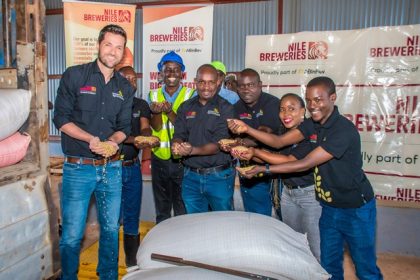 Nile Breweries launches UGX 4Bn barley processing facility in Kween district
Nile Breweries launches UGX 4Bn barley processing facility in Kween district
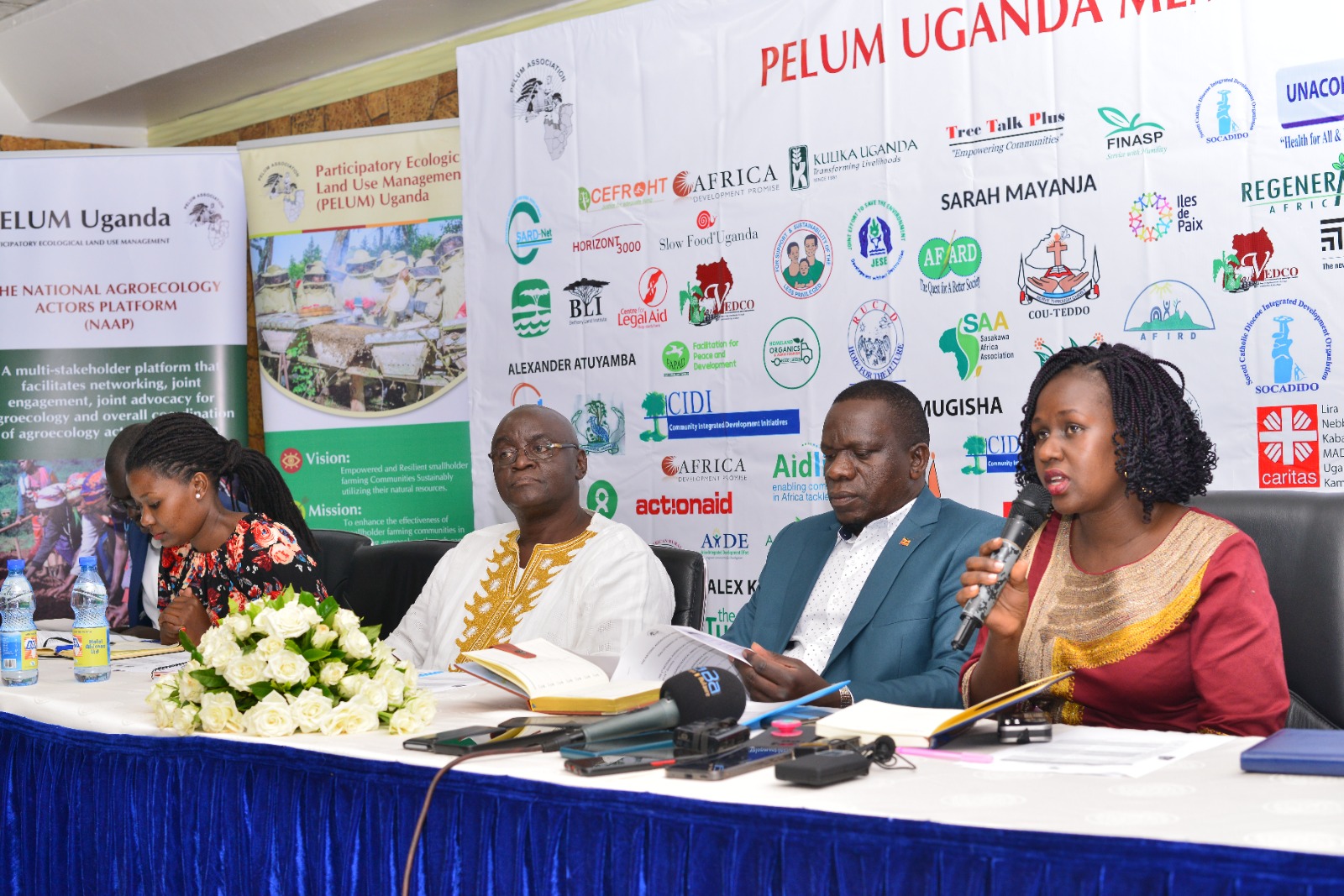 Uganda government and PELUM find common ground on pathways to zero-hunger
Uganda government and PELUM find common ground on pathways to zero-hunger
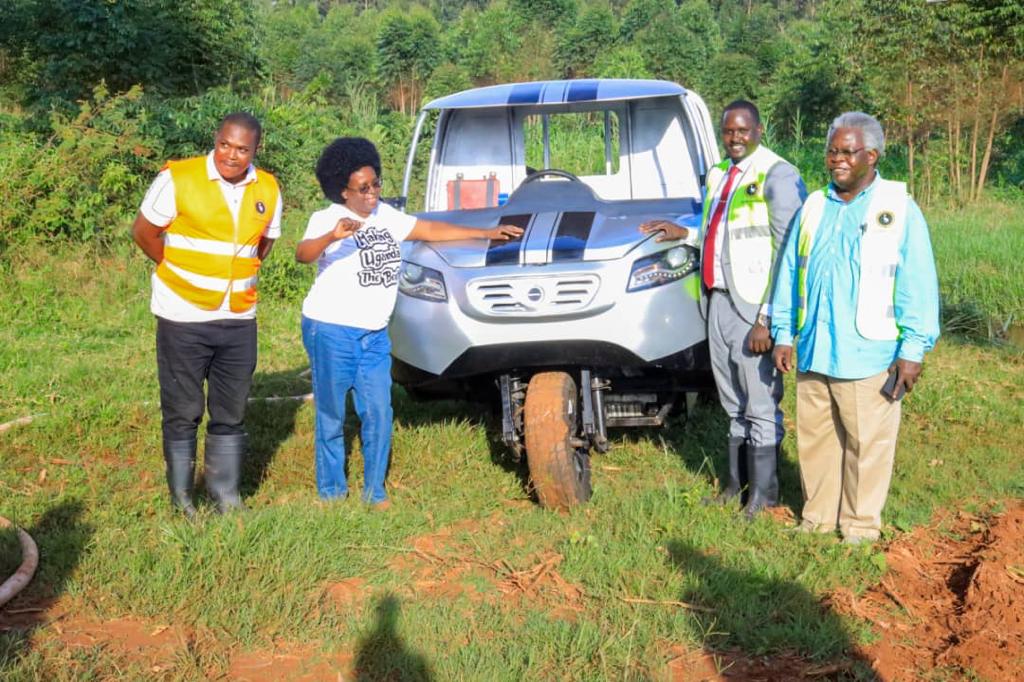 Uganda flags off vehicle powered by first home-grown engine
Uganda flags off vehicle powered by first home-grown engine
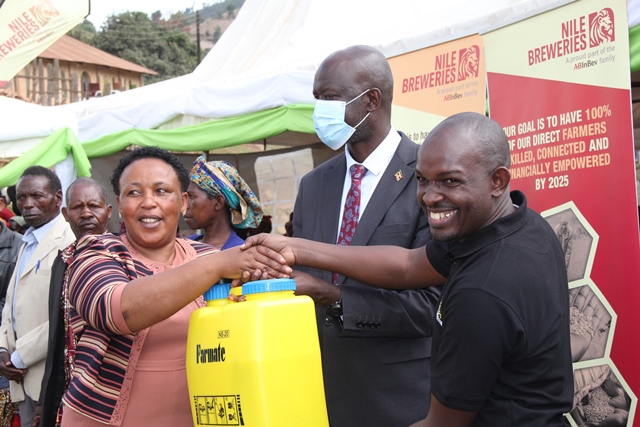 Nile Breweries takes financial literacy to Kigezi region barley growers
Nile Breweries takes financial literacy to Kigezi region barley growers
 Mobile App helps deliver reliable Uganda fisheries data in real time
Mobile App helps deliver reliable Uganda fisheries data in real time
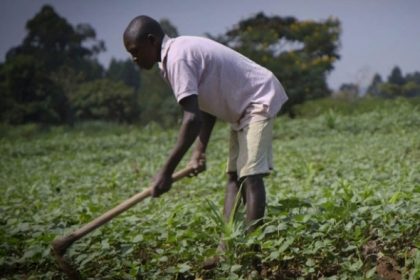 Despite February dip Uganda sees private sector expansion
Despite February dip Uganda sees private sector expansion
